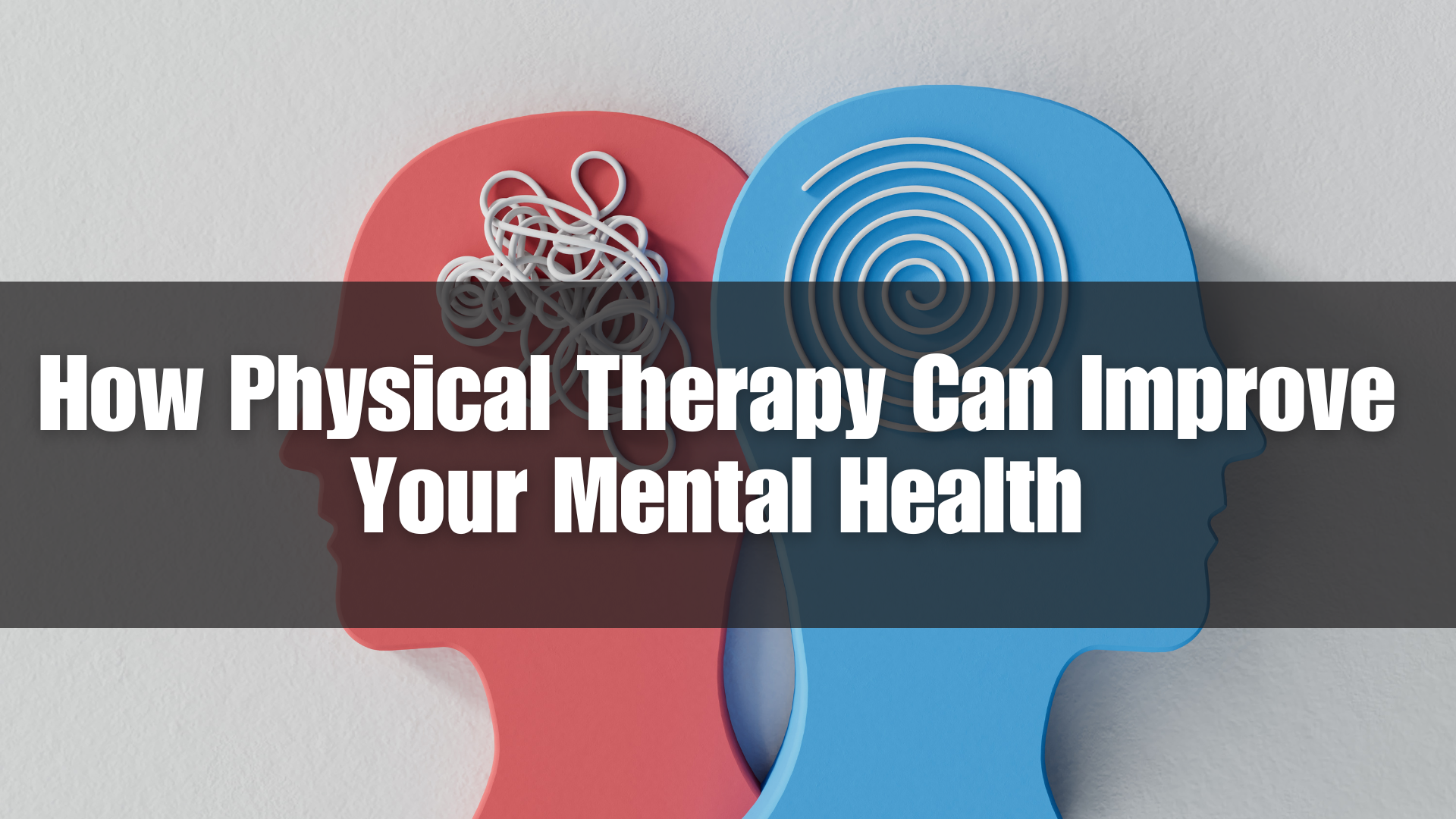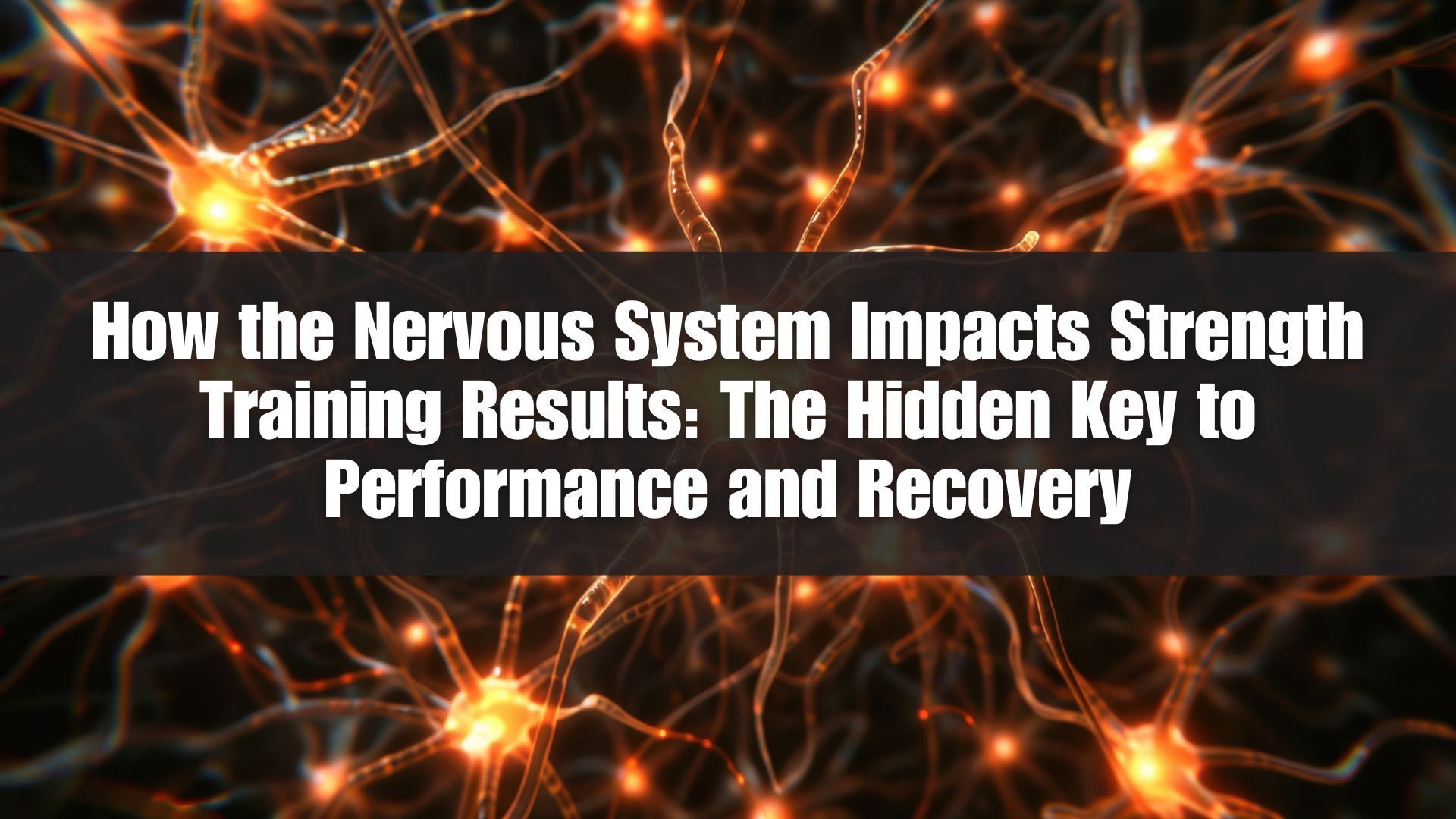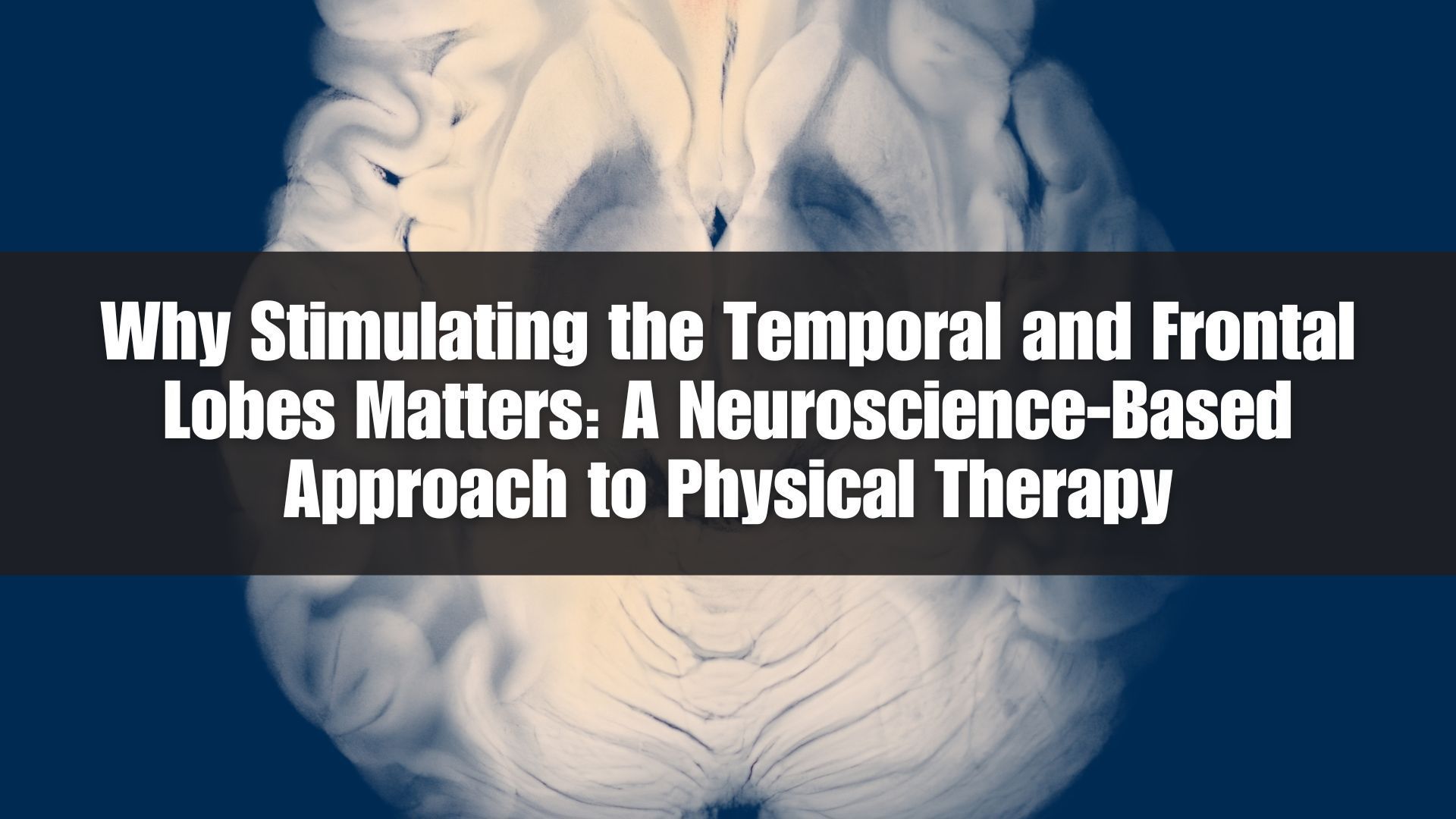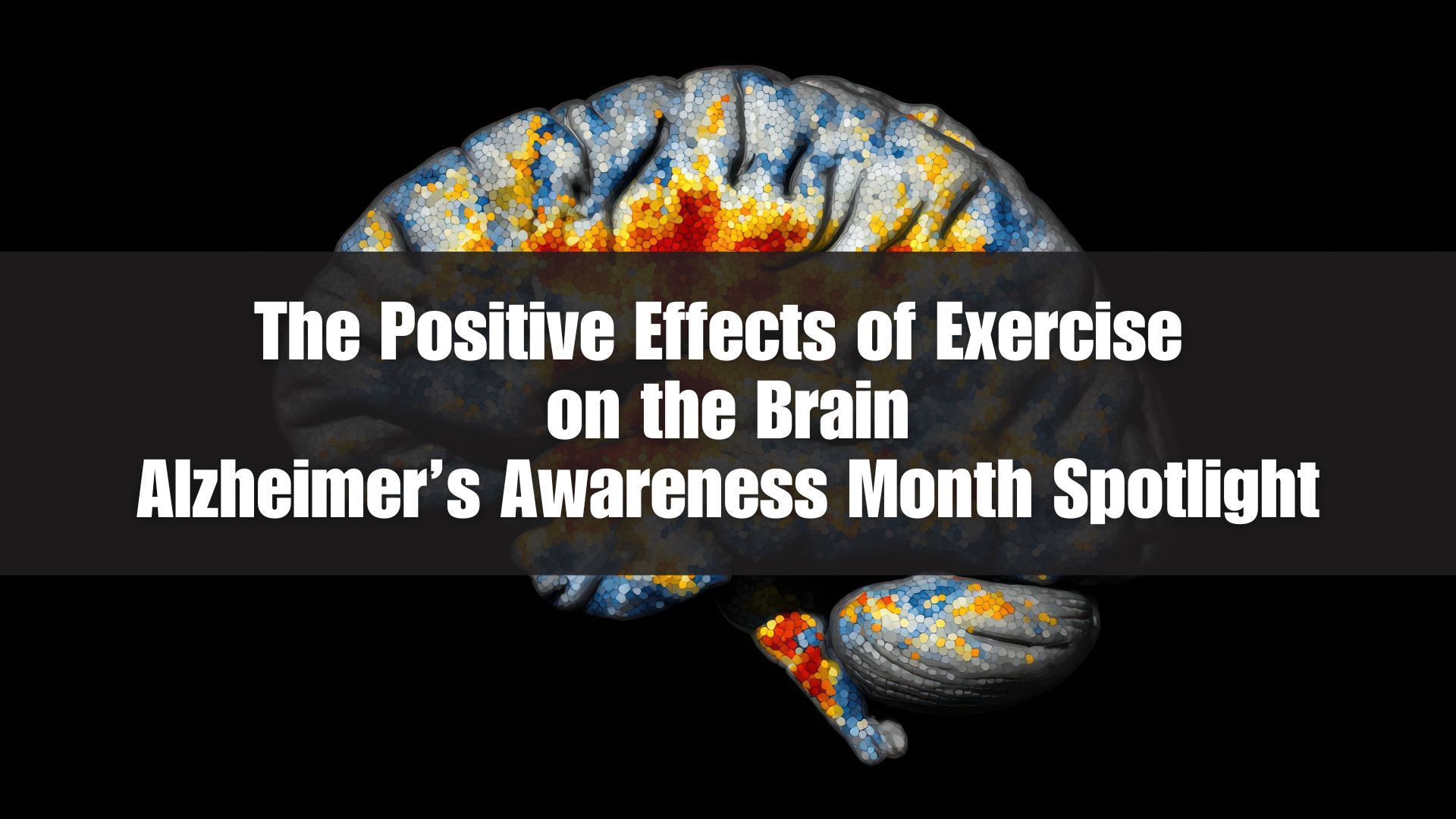How Physical Therapy Can Improve Your Mental Health
insight from an overland park physical therapist and brain-body expert

When most people think of physical therapy (PT), they picture someone recovering from surgery, healing after an injury, or trying to improve mobility. While those are essential aspects of PT, there’s another powerful benefit that often gets overlooked: mental health.
As a physical therapist in Overland Park, I’ve seen how intentional movement, pain relief, and nervous system regulation can drastically improve someone’s emotional well-being. Clients often come in for a physical problem, but leave feeling clearer, more confident, and more connected to themselves. That’s because physical therapy doesn’t just treat the body—it supports the brain and nervous system too.
Let’s take a deeper look at the powerful ways PT can support your mental health and why it should be considered a key tool for emotional resilience.
Pain and Mental Health Are Deeply Connected
Chronic pain and poor mental health go hand in hand. When you’re in pain—especially over a long period—it’s easy to feel hopeless, anxious, or even depressed. The brain becomes hyper-focused on discomfort, and that stress can lead to sleep problems, mood changes, irritability, and withdrawal from activities you love.
Physical therapy addresses the root causes of pain, not just the symptoms. Whether through manual therapy, targeted exercises, postural corrections, or dry needling in Overland Park we help the body function better—and that can improve your emotional state almost immediately. Less pain means more freedom, better sleep, and a stronger sense of control over your life.
Movement Is Medicine for Your Mood
We’ve all heard that exercise is good for mental health—but in Overland Park physical therapy, movement is personalized, purposeful, and based on your unique needs. That makes it more effective and sustainable than a one-size-fits-all workout plan.
When you engage in physical activity—especially exercises tailored to your body—you trigger the release of endorphins, dopamine, and serotonin, the brain’s natural mood-boosting chemicals. Even light stretching and mobility work can help regulate your nervous system, reduce muscle tension, and shift you out of “fight-or-flight” mode into a more relaxed state. I often tell patients: "Motion is lotion—not just for your joints, but for your mind, too."
PT Teaches You to Reconnect With Your Body
Many people living with chronic stress or trauma disconnect from their bodies. They stop listening to signals like fatigue, discomfort, or tension until those signals turn into injuries or illness. PT helps you rebuild a relationship with your body, so you learn how to recognize and respond to its needs with care—not fear or frustration. Through guided movement, breathwork, balance training, and posture correction, you develop body awareness, which is crucial for emotional regulation. Clients frequently report feeling more grounded, confident, and in tune with themselves after just a few sessions.
Nervous System Regulation Through Neuro-Based PT
Modern physical therapy goes beyond muscles and bones—we also work with your nervous system. Many PTs now incorporate neuro-based techniques that target the vestibular system (balance), visual tracking, sensory integration, and vagus nerve stimulation—all of which have a direct impact on mood, stress, and cognitive function. If you’re struggling with anxiety, burnout, or brain fog, these nervous system techniques can help calm the mind, improve focus, and increase your resilience to daily stress. Think of it as physical therapy for your brain—not just your body.
PT Builds Confidence and Hope
One of the most transformative effects of PT on mental health is the sense of empowerment it provides. When you’ve been living with pain, limited movement, or fear of reinjury, it’s easy to feel stuck or discouraged. But when you begin to make progress—no matter how small—you start to believe in your ability to heal. Physical therapy in Overland Park helps you set realistic goals and celebrate consistent wins. Whether it’s walking without pain, lifting your child again, or returning to your favorite hobby, each accomplishment builds your confidence and reinforces a sense of purpose. This forward momentum spills into every area of life—and can be a powerful antidote to feelings of helplessness or depression.
The Power of Human Connection in Healing
Let’s not forget the emotional benefit of being seen, heard, and supported by a trained professional. Many people struggling with mental health feel isolated or misunderstood. In PT, you get one-on-one care in a safe, supportive environment where your story matters and your goals are honored. That therapeutic relationship can be a vital part of healing—not just physically, but emotionally.
Mind and Body Heal Together
Physical therapy is more than a recovery tool—it’s a gateway to holistic wellness. By reducing pain, improving movement, regulating the nervous system, and empowering clients with knowledge and confidence, PT can be a powerful ally in the journey toward better mental health. If you’ve been feeling stuck—physically, emotionally, or both—physical therapy might be the bridge you need to start feeling like yourself again. You don’t have to separate your mental and physical wellness. The truth is, they were never separate to begin with.
Need support on your healing journey? We offer personalized physical therapy that focuses on your body, brain, and well-being as a whole. Reach out today to learn how we can help you move better, feel better, and live stronger—inside and out.





